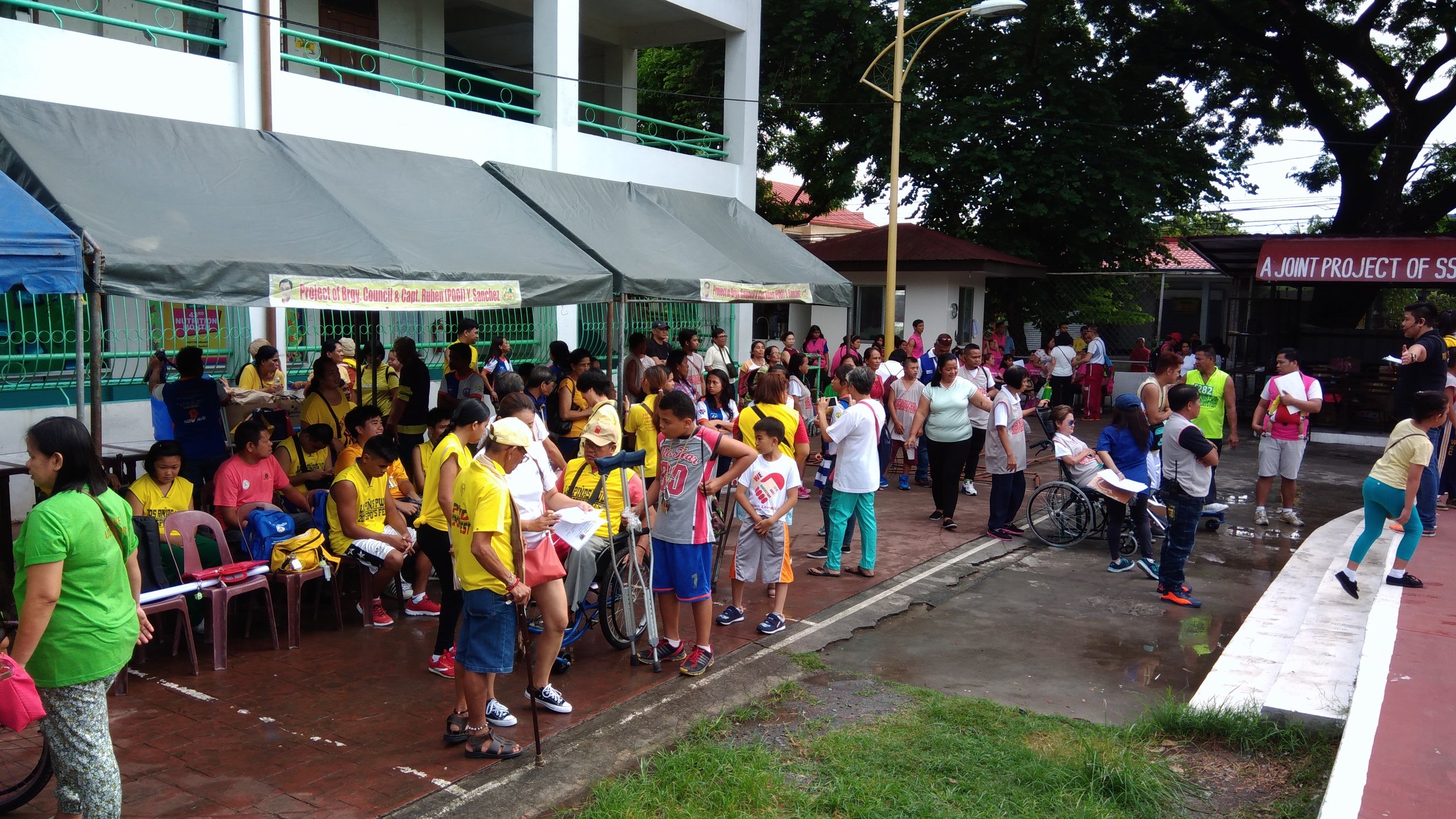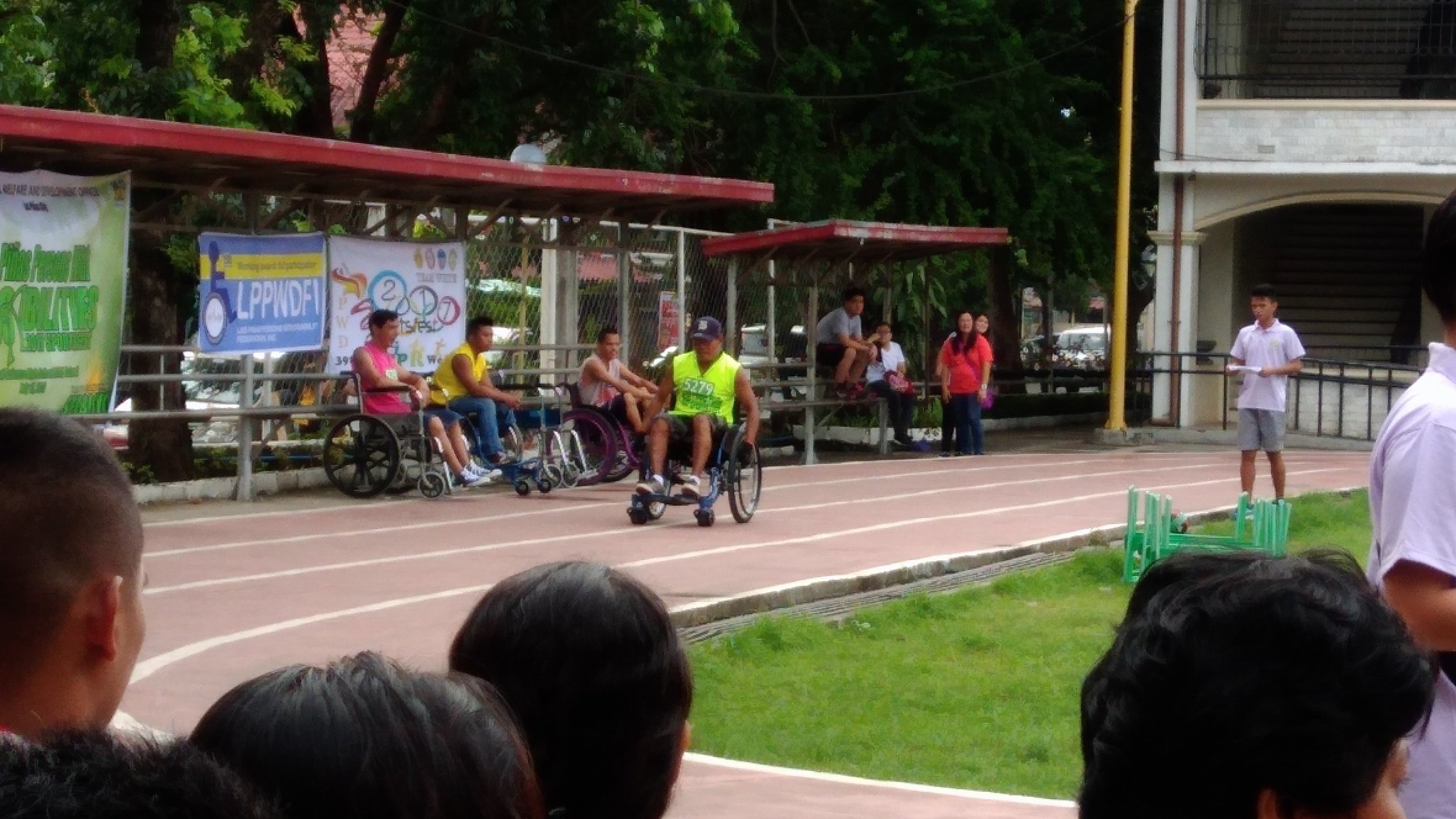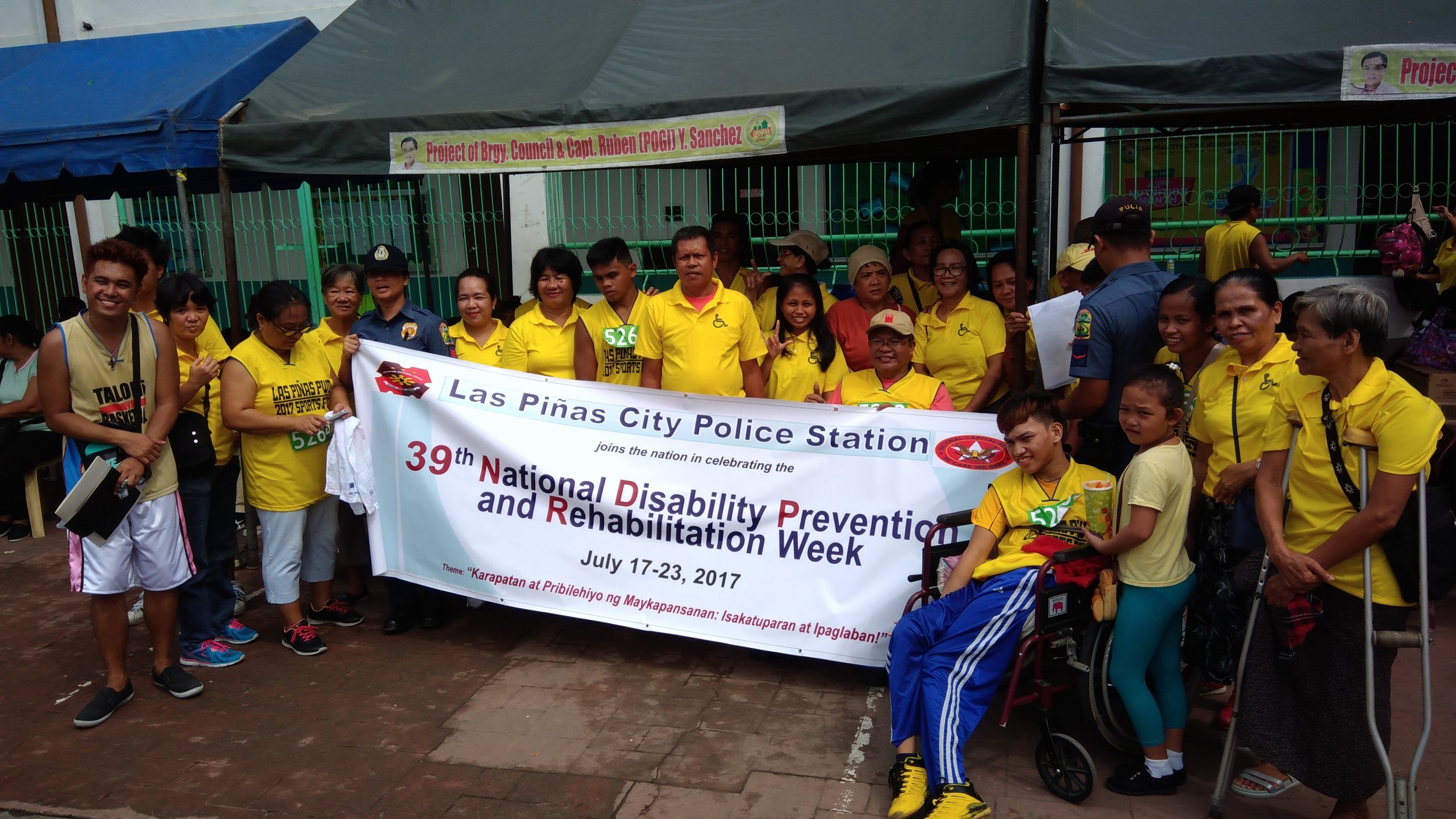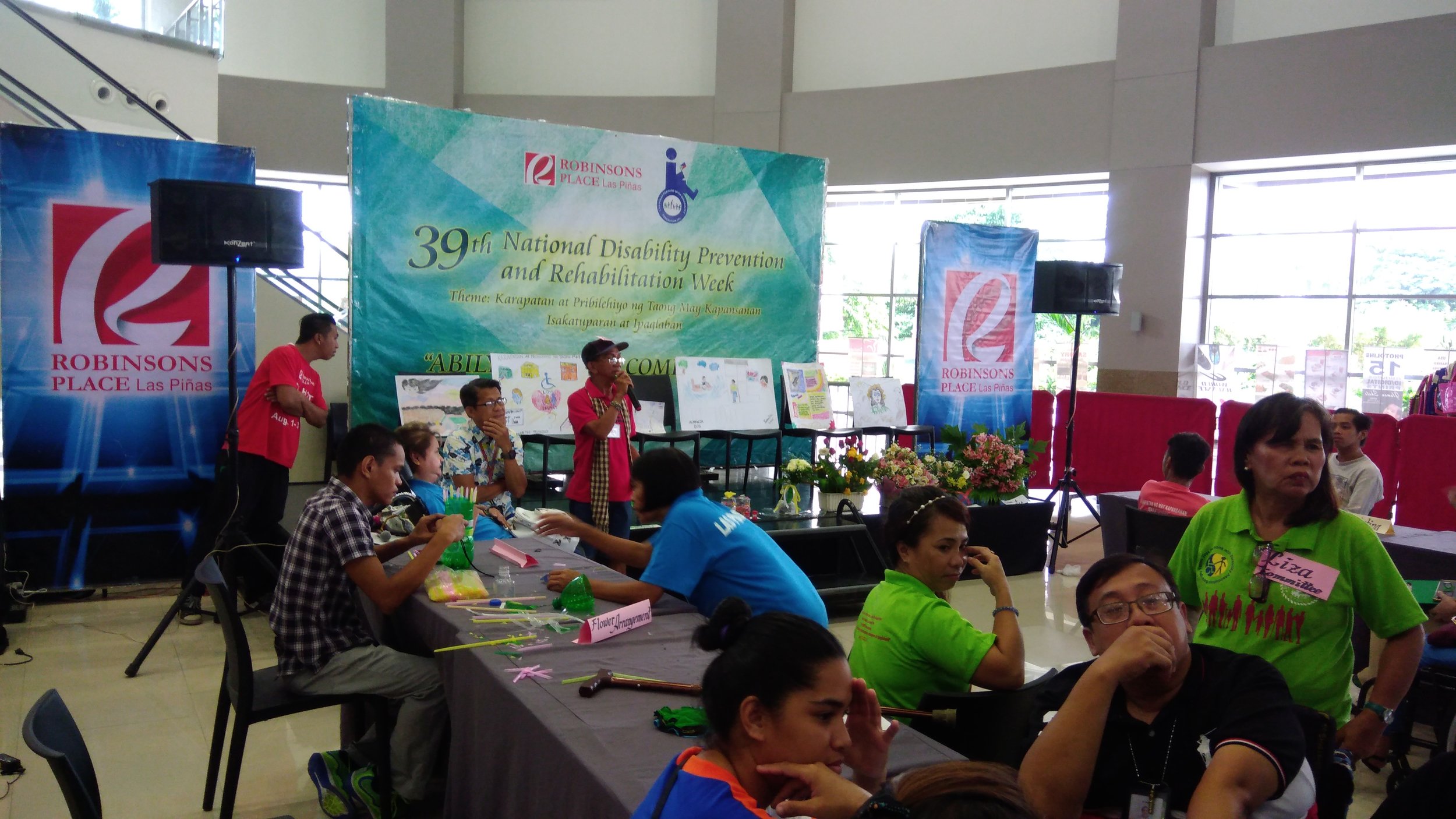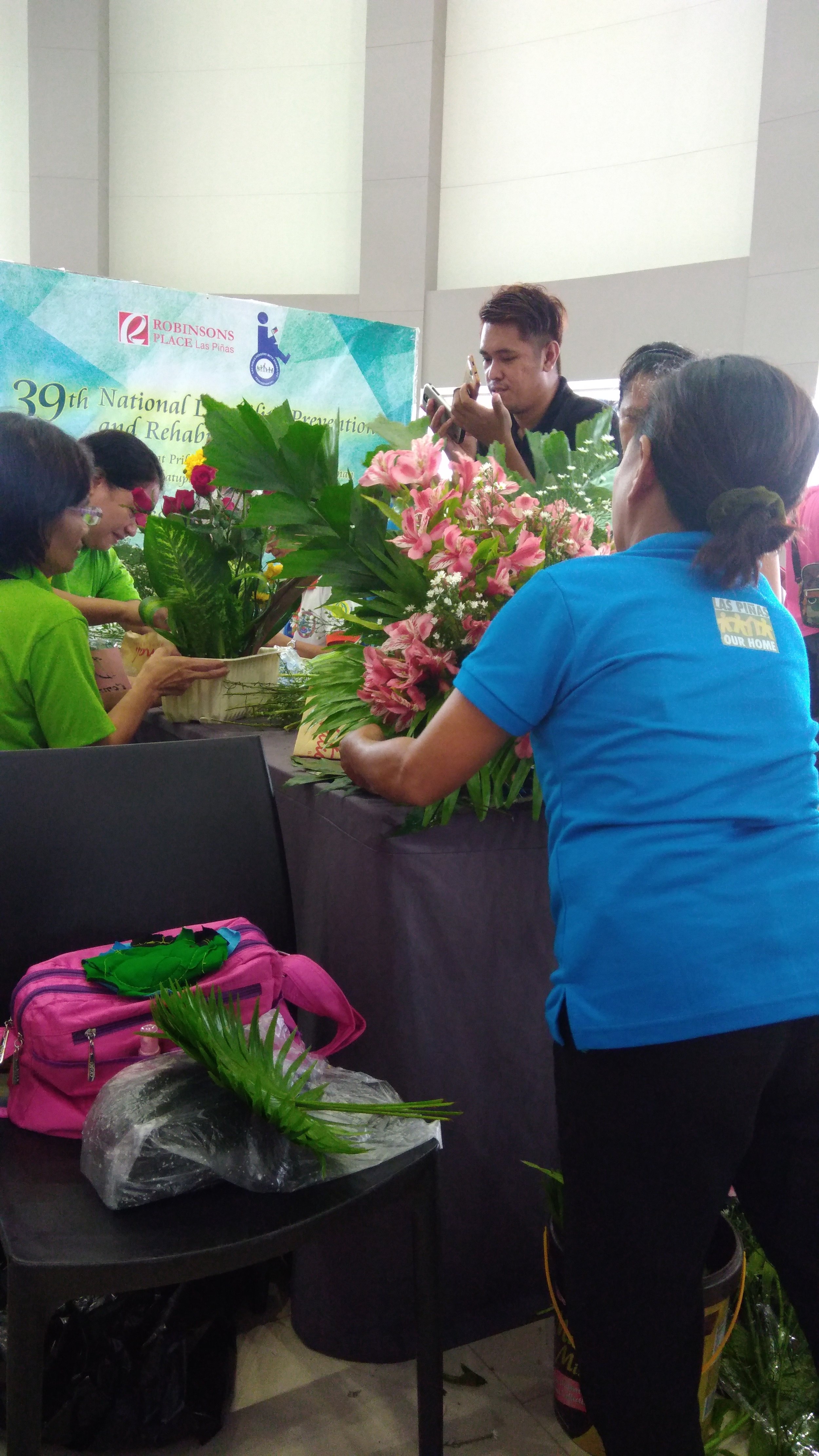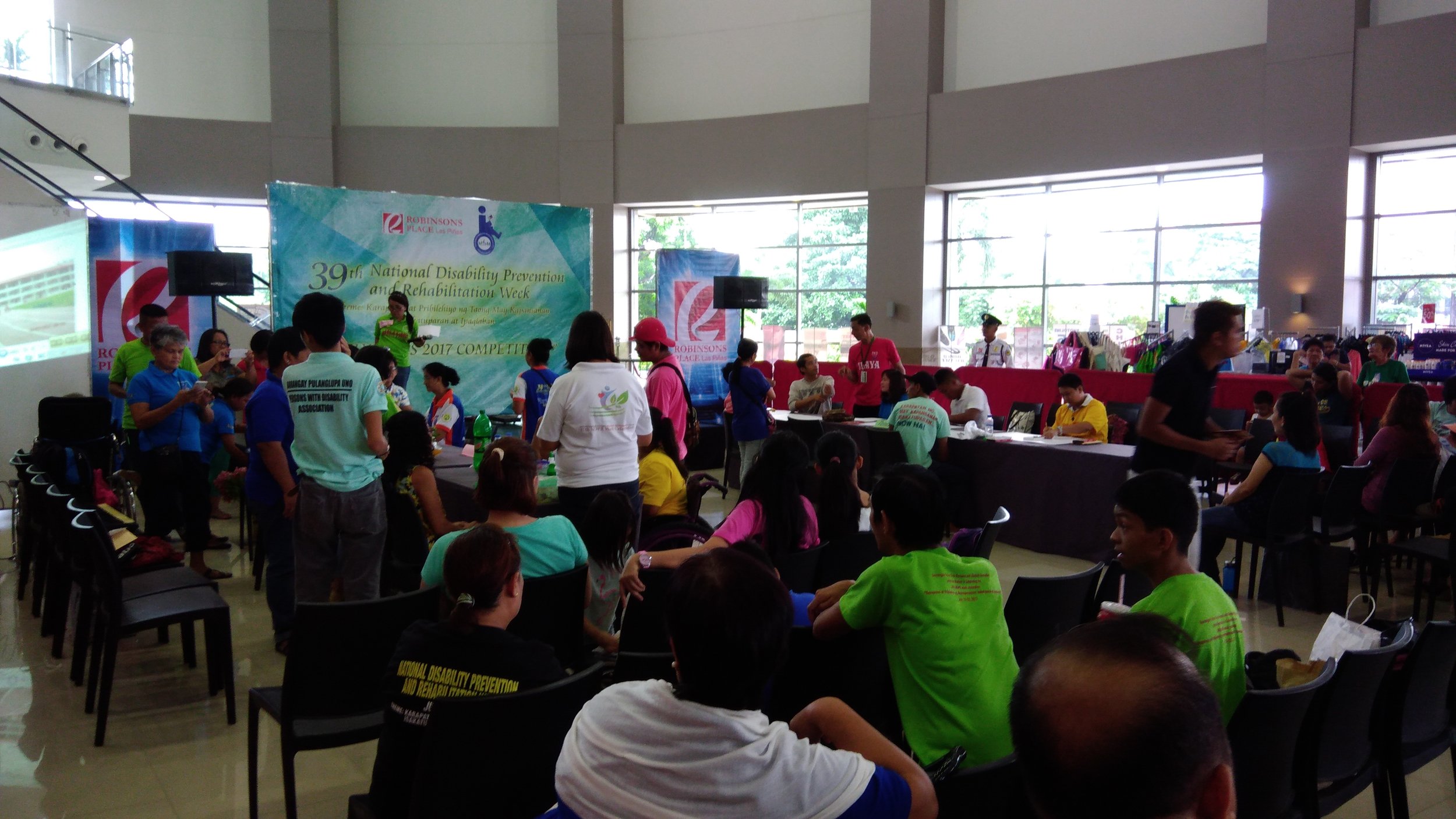By Della Leonor
In September 2017, I was re-elected as President of the Roxas City Federation of Persons with Disabilities through secret balloting. My re-election signaled for me the start of more in-depth planning at the local, regional and national settings. Here in Roxas City, Philippines, we are pushing for a City Council for Disability Affairs with the goal towards the realization of a more resilient, inclusive Persons with Disabilities Council to protect the rights of persons with disabilities. The Council would consist of the City Mayor as Chairman, and in close partnership with the Department of Interior and Local Government, City Social Welfare and Development, City Planning, City Budget, City Health, and other key agencies that can support persons with disabilities in our city, our province and our region.
On December 4, 2017, we celebrated the International Day of Persons with Disabilities through a motorcade program at Robinsons Mall. The event began with my Advocacy Speech and ended with a Commitment Signing Ceremony. I also attended the Persons with Disabilities Summit in Iloilo City, Philippines on the same day to push for the following: Social Pensions for persons with disabilities; Mandatory Philippine Health Insurance and full implementation of REPUBLIC ACT NO. 10070 (AN ACT ESTABLISHING AN INSTITUTIONAL MECHANISM TO ENSURE THE IMPLEMENTATION OF PROGRAMS AND SERVICES FOR PERSONS WITH DISABILITIES IN EVERY PROVINCE, CITY AND MUNICIPALITY, AMENDING REPUBLIC ACT NO. 7277 OTHERWISE KNOWN AS THE “MAGNA CARTA FOR DISABLED PERSONS,” AS AMENDED, AND FOR OTHER PURPOSES).
One month before in November 2017, I was also nominated for the Cameleon Heroes Award for Children and attended a Profiling Seminar in order to enhance data collection on persons with disabilities in all areas of my region.
These are some of my most recent advocacy efforts with the disability community in the Philippines, which I have long been an active member of. It will be a long journey for me, but I hope we will be able to fully realize the rights of persons with disabilities here in my country one day, beginning with local efforts towards greater implementation.
The opinions expressed on this blog by authors and those commenting are theirs alone, and do not necessarily reflect the opinions of IDPP, our sponsors or staff. IDPP is not responsible for the accuracy of any of the information provided by the bloggers. Any reproduction of this article must be credited to author and linked to the original.
